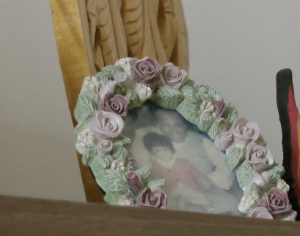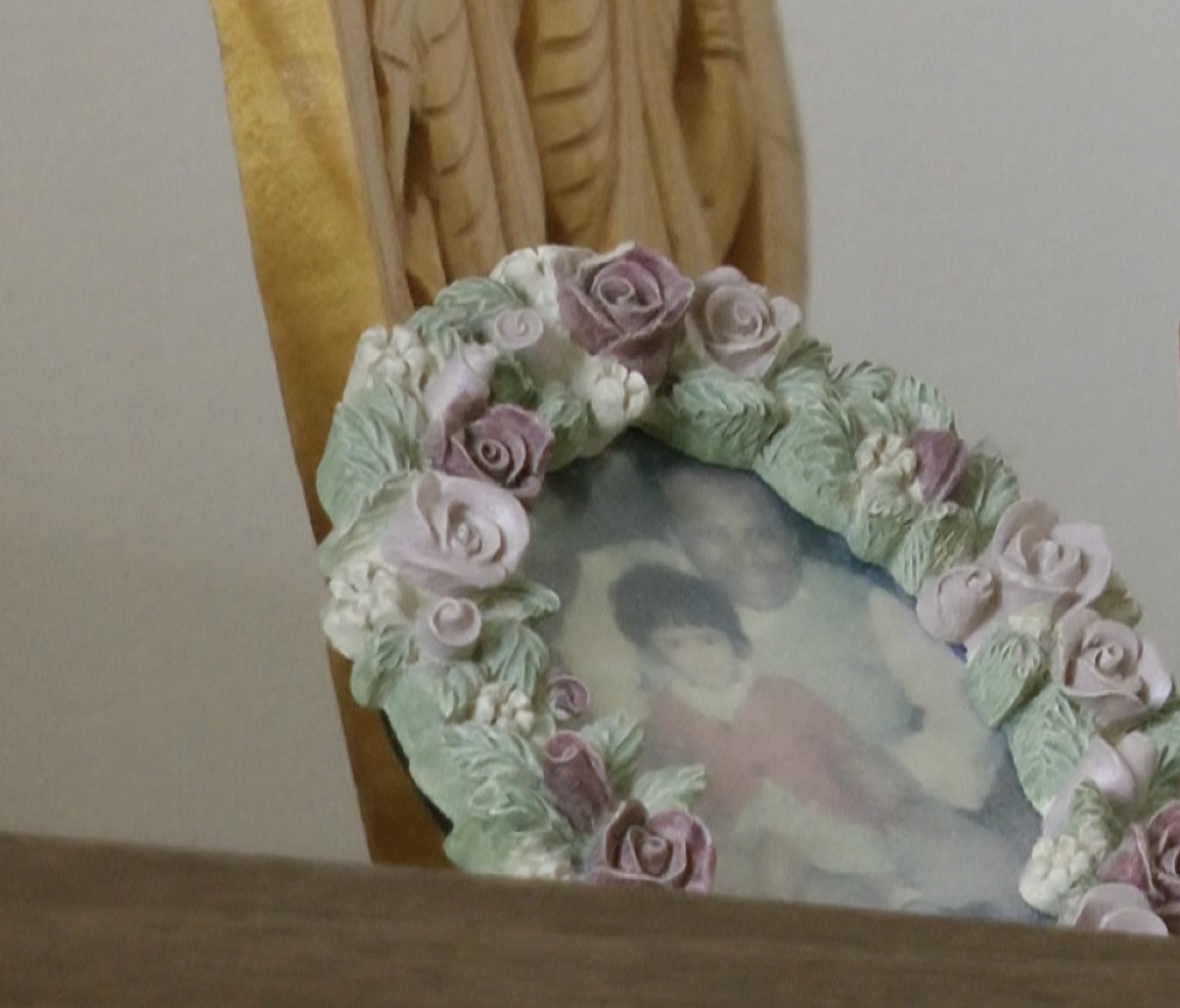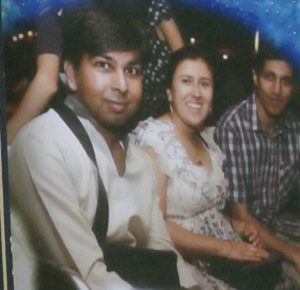Soma grew up with her mother and older sister in Essex after her dad died. She welcomed me into her marital home with a smile to talk about her commendable work in helping women gain career confidence. Her warm and bubbly personality shone through, despite her protestations that she was an introvert.
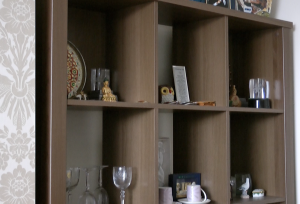
As I sit in her cosy and slightly cluttered room, I notice some of the religious and cultural trinkets on the bookshelf in the corner. I comment on how lovely they are.
“My husband bought them, and some are wedding presents.” Soma beams. Next to them there is a wedding picture of her and her husband.
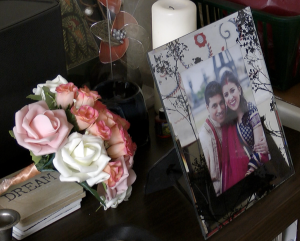
“My husband really, really encouraged me to start a business and to go freelance. I was working with a life coach at the time and she encouraged me to work with women who were, not necessarily unhappy at work, but women who I could give careers advice to.”
It’s been two years since launching her own business, and Ghosh has been written about in The Guardian as well as appearing in Women’s Own magazine. I’m really interested in Soma, not least because she is an ethnic minority female who has had to go through the same cultural obstacles I have had to, to get to where I am now. And they are the very same ones that thousands of women face every day; some of whom she works with.
But it’s not just her business I want to get to grips with today. I’d like to know who the woman behind the mentor is; and what pushed her to attain the career happiness she now preaches to her clients.
Before starting her business, Soma was made redundant. This caused a lull in her confidence and self-esteem. “I realised that I’m not the only woman who is going through this.”
The issues around confidence and self-esteem are what Soma says a lot of women suffer from in their professional lives.
And her new job following her redundancy didn’t fit the bill; especially after the bullying she encountered there by a senior colleague.
“She humiliated me in front of a colleague, telling them everything I’d done wrong in my job. No one else was complaining about my work. I think the problem with workplace bullying, is that people don’t know how to handle it, because there isn’t a cut and dry definition – it’s how it makes the person feel.

image: data collected from cipd.co.uk, graphic produced via canva.com
“When somebody is niggling away at you every night, what would happen to me is I would come home and I’d be crying in bed. And you might be thinking that sounds extreme, but if it’s happening to you every week it adds up.
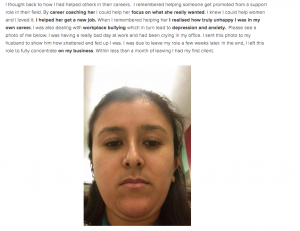
image: a screenshot taken from thecareerhappinessmentor.com
“I wasn’t telling me friends and family, I’d gone to my doctor, and my doctor could tell I was having anxiety and depression, but I didn’t want to see people. I didn’t want to go out of the house, I didn’t want to go to religious festivals I didn’t want to do anything. So that was when I knew, I needed to make a decision to change my life because it’s not healthy for me to be in that situation and I can’t let this bully dictate my life.”
That was almost eight years ago. Soma decided to set up her business in 2016. But these events were not the only ones that led her to make the leap of faith from a secure income to an uncertain future in business.
